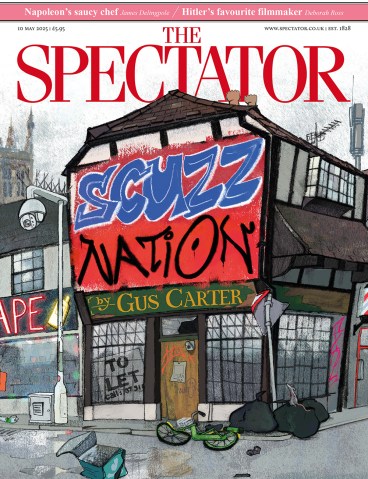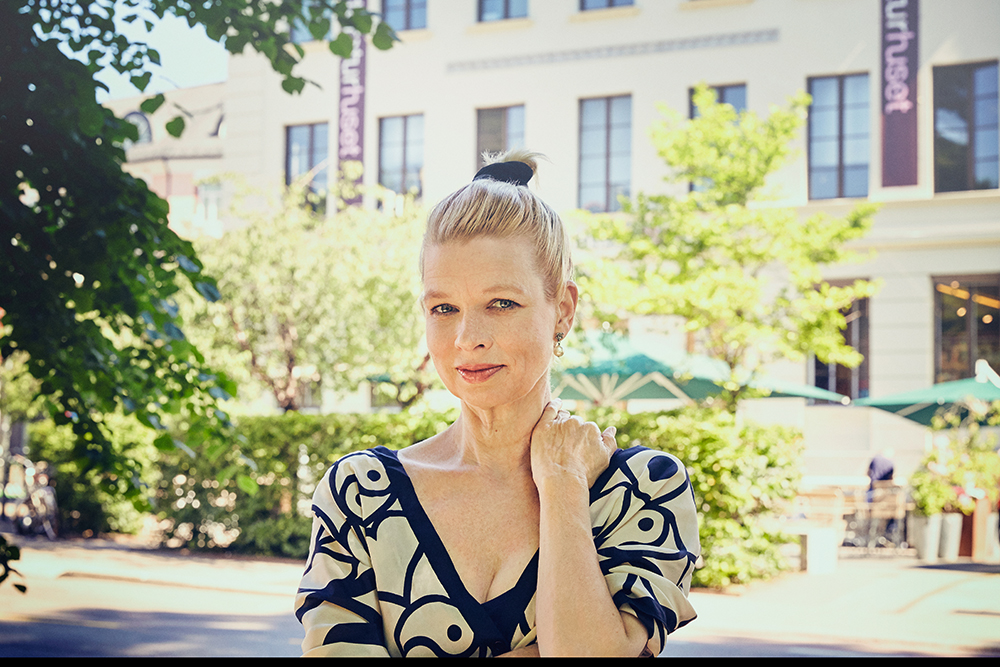
Girl, 1983, a fusion of novel and memoir, tantalises with what we already know of its author. Linn Ullmann is the daughter of the Norwegian actress Liv Ullmann and the much older Swedish film director Ingmar Bergman. Their relationship was probed in her previous work, Unquiet. Here the parents are more distant figures, as the adult Linn attempts to reconstruct her headstrong 16-year-old self and recover a disturbing interlude spent in Paris as a would-be model.
In 2019, Ullmann is struggling to write when her younger self materialises like an imaginary friend with a message that demands to be heard. Ullmann has a daughter now, which makes the quest to understand the events of decades ago all the more urgent. Switching between tranquil present and painful memory, she looks for consolation to the poetry she translates – by Sharon Olds, Anne Sexton and Alice Oswald – and the companionship of her ancient, all-accepting dog.
In the early 1980s, the girl is living in New York, an acknowledged beauty, though not, all agree, in the same league as her celebrated mother. At a party she meets ‘K’, a photographer 30 years her senior, who invites her to Paris to try out for French Vogue. Mamma absolutely forbids it, but is no match for a stroppy teenager. Perhaps a feeling of guilt about the collapse of her relationship with Bergman and its effect on their child finally persuades the mother. But it turns out that she was right to be fearful. Alone in a strange city, the girl has few coping skills.
A photograph taken by K acts as Proust’s madeleine, though it exists only in Ullmann’s mind, the original having been lost. At the shoot, the girl is praised for looking even younger than she is. In close up, bare shoulders hint at nakedness; the girl’s only adornment is a pair of cheap, dangly earrings. Drugs and drink are casually supplied, safeguarding is non-existent, the other models are aloof or resentful and everyone gets irritated with the clueless novice.
The narrative circles the climactic events in K’s apartment, approaching ever closer to dread, then flinching away. It’s left to us to decide whether it’s daddy issues that impel her to obey K’s instructions so numbly.
Girl, 1983 powerfully transmits the feelings of shame and guilt that are deflected on to the innocent victim, and the way silence, maintained for years, can act as a protection until speaking out is no longer a matter of choice. Martin Aitken’s translation conveys a spare style in which rage and fear are subsumed into a simple need to confront.







Comments